Athens, May 2015
Through up and down, through crumbling and reestablishing, the city still tremendously emerges glorious and influential in the history of human civilization.
The Parthenon
Visiting the Acropolis on a day with swirling clouds lets you feel small. Imagine how extraordinary this architecture masterpiece is when taking into account the era of construction.
Arrival
One year after the trip of Japan, I flew to Greece for another exotic May. If brought to compare with my other trips in later years, the preparation and execution at that time lacked the experience which caused flops here and there. But without such pivotal trip like Greece, where I held my DSLR to take great pictures the first time ever and enjoy them until now, there wouldn’t be me of today.
I arrived in Athens after an arduous flight from Singapore via Istanbul. That was the time Greece was struggling in debt crisis, which might have exposed the country a bad image to tourists, but at the end, nothing for me to regret about that spectacular journey.
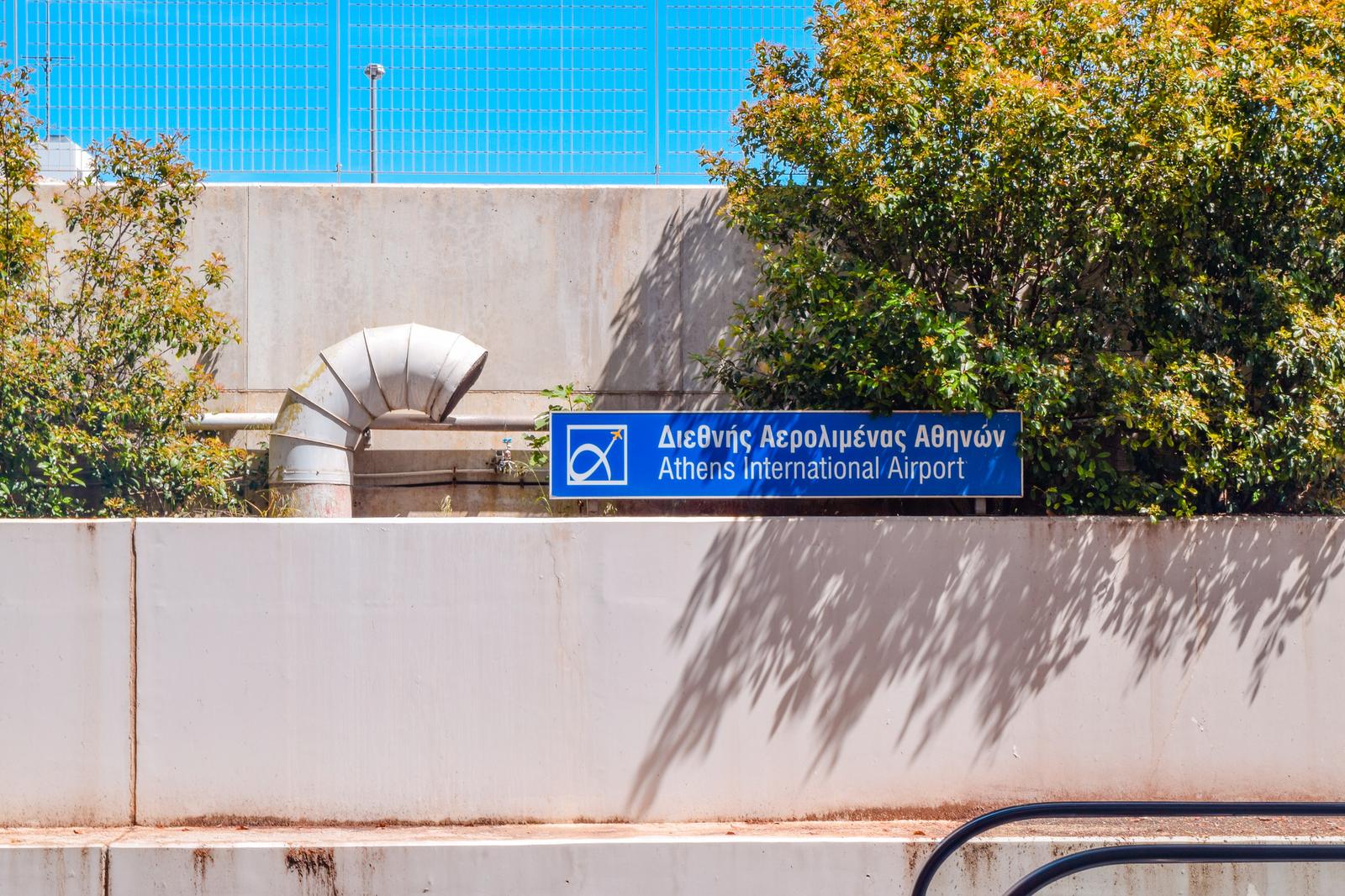
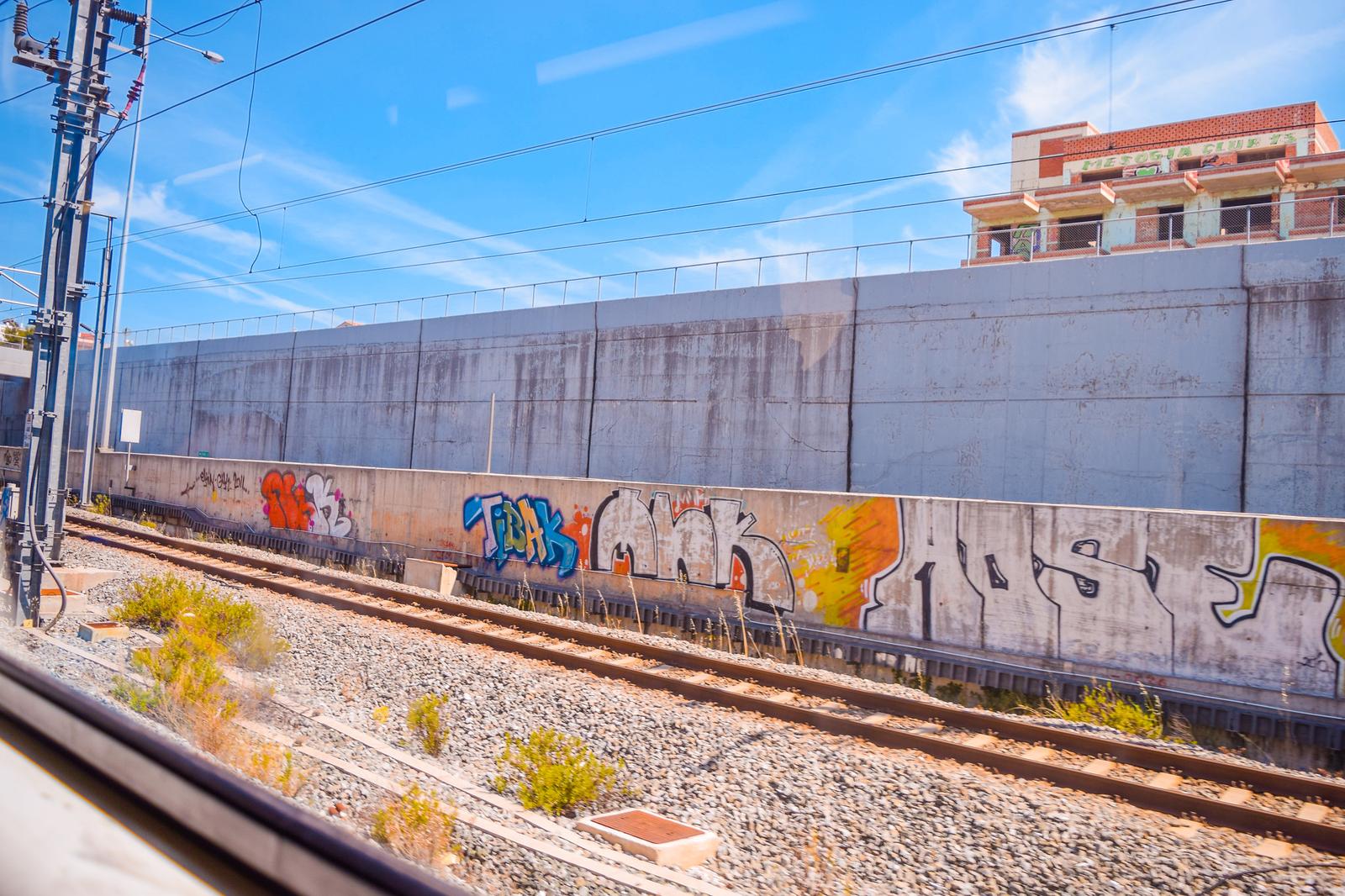
The Acropolis
I lived in a hostel near Omonoia square, which was just a few stations to the Acropolis. There are a few ways that you can get up to the hill, and believe me, it’s an easy walk: from Thissio station (north-west of the Acropolis) or from Acropoli (south of the Acropolis). Whichever direction you go, find a way to reach Propylaea - the entryway of the site.
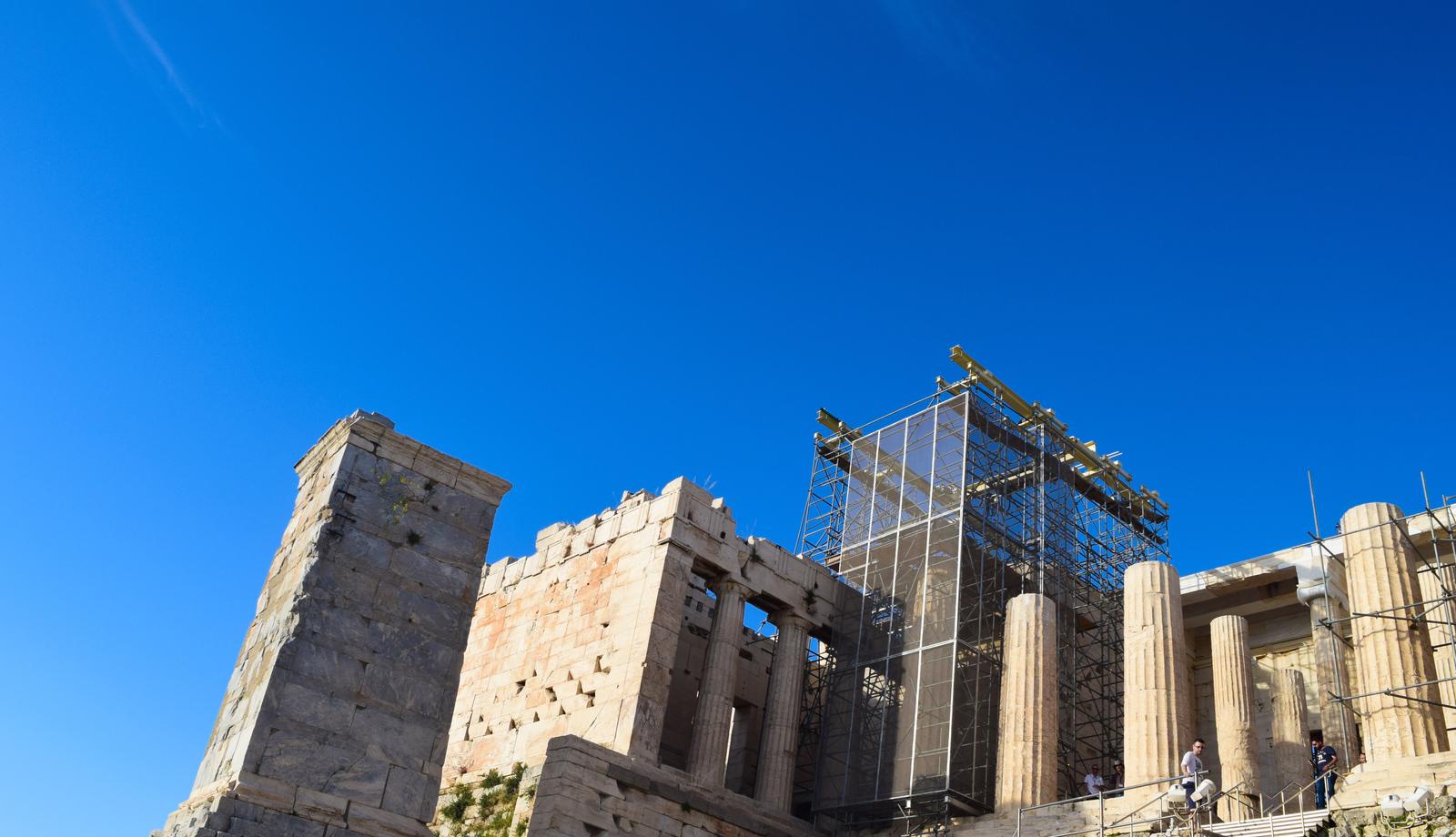
As I was starting from Acropoli, the notable visiting order would have been Theatre of Dionysus, then Odeon of Herodes Atticus, then up to Propylaea and Temple of Athena Nike, finally reaching Parthenon as well as Erechtheion at the top.
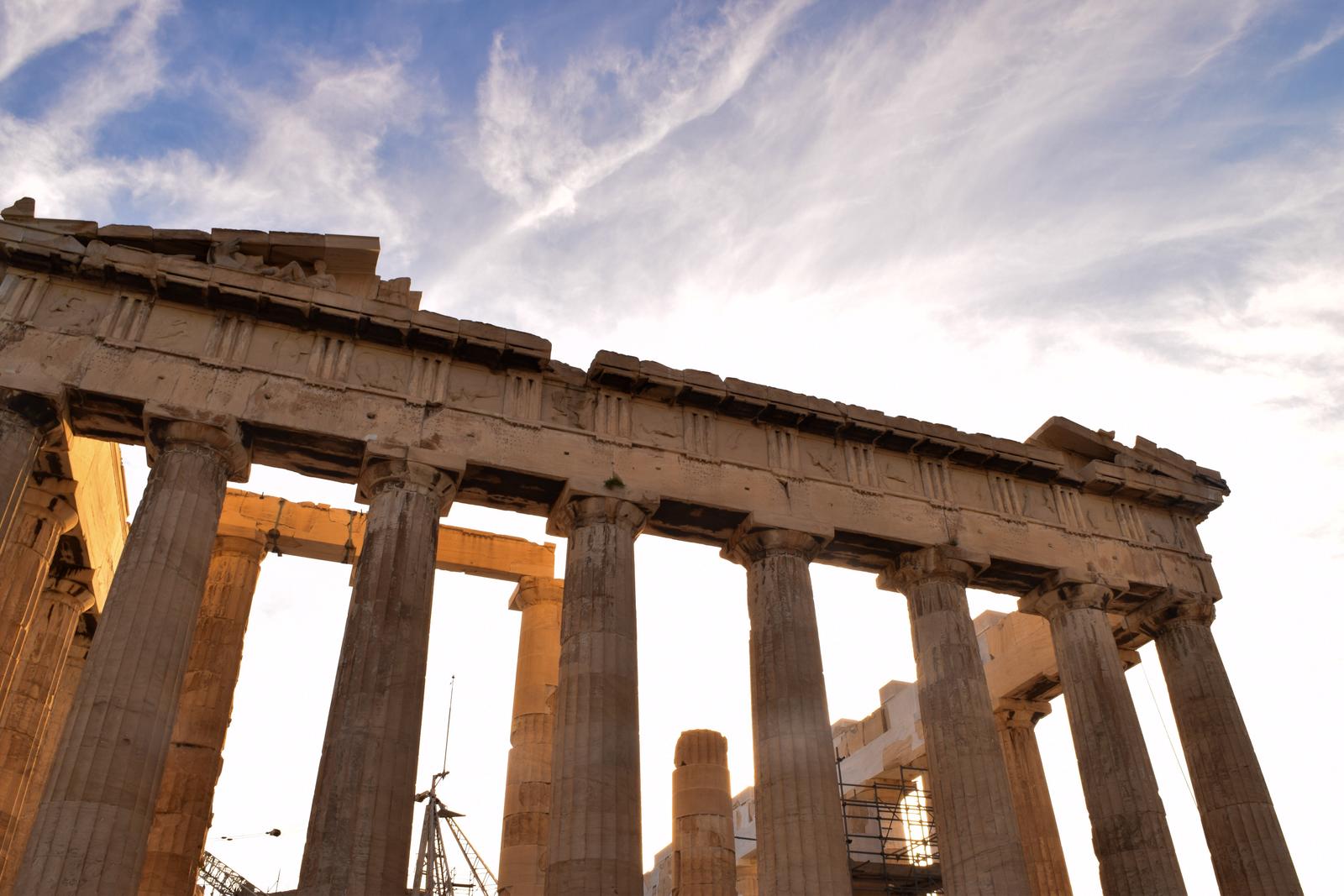
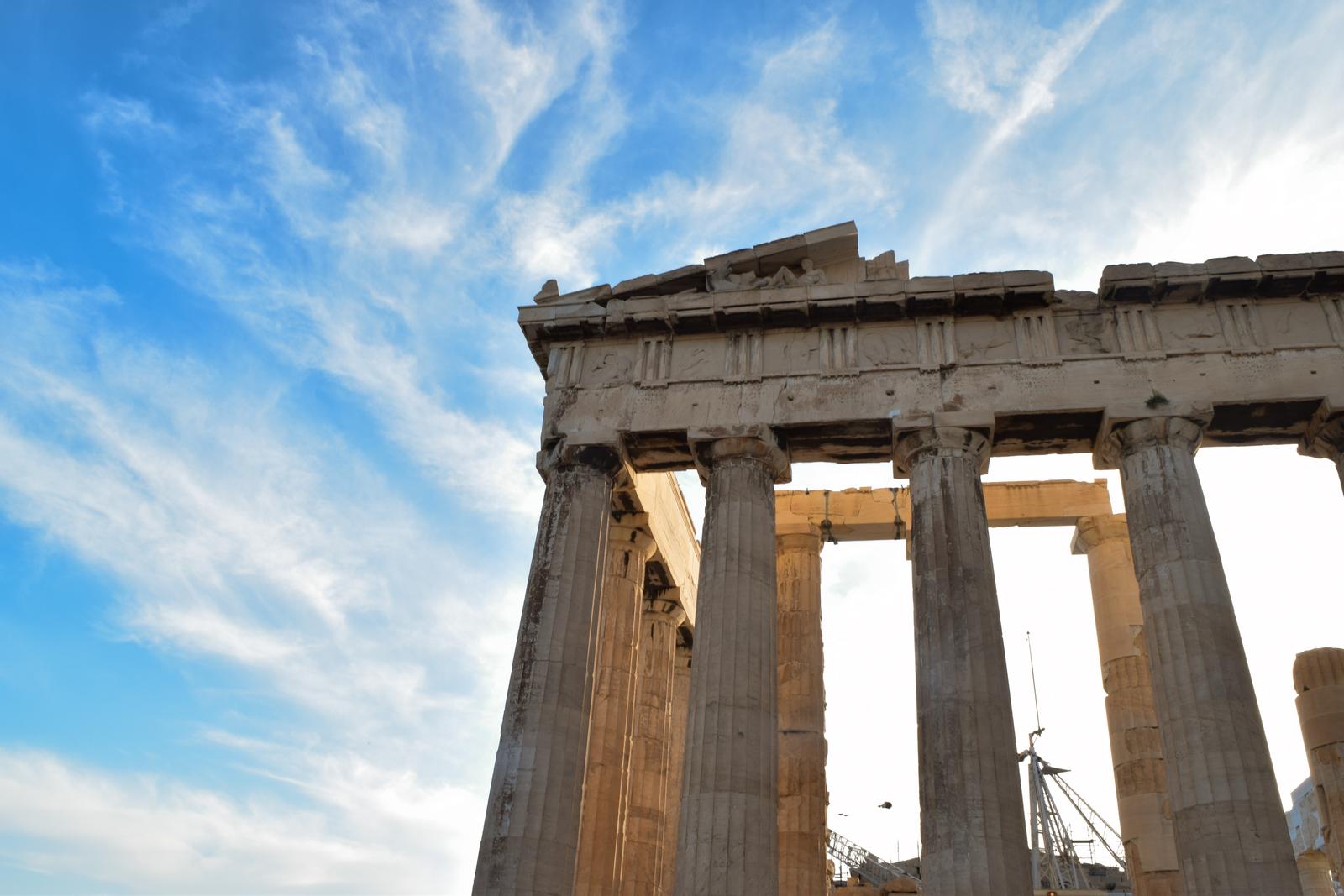
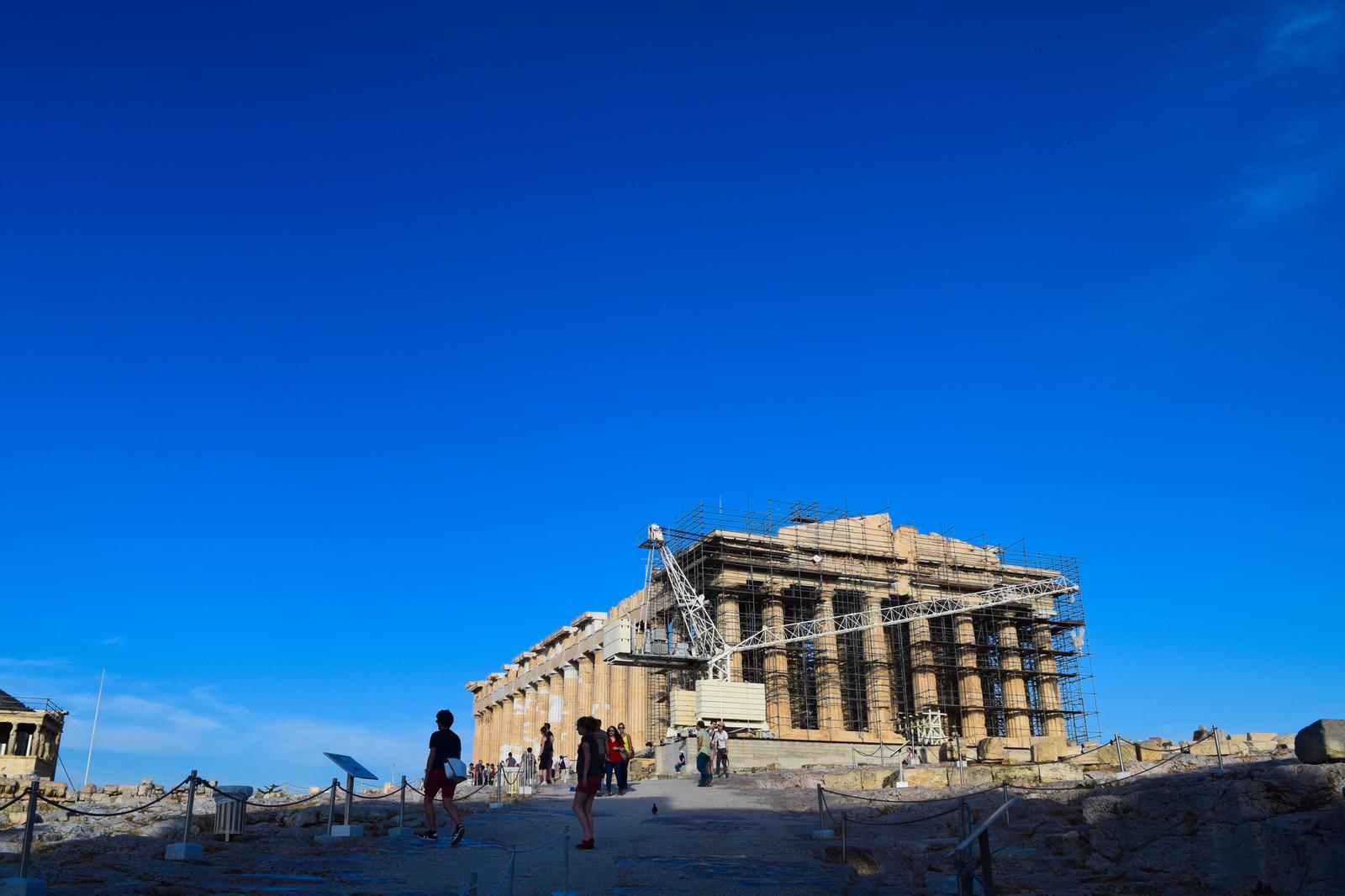
Built and rebuilt many times, damaged and destroyed by fire and war, undergoing the era of Archaic, Classical, Hellenistic, Roman, Byzantine and Ottoman periods, serving as temple, church, mosque, fortress and government quarter, the site bears in it the condensation of historical events and movements, yet still retaining the characteristic features of the highly revered Ancient Greece.
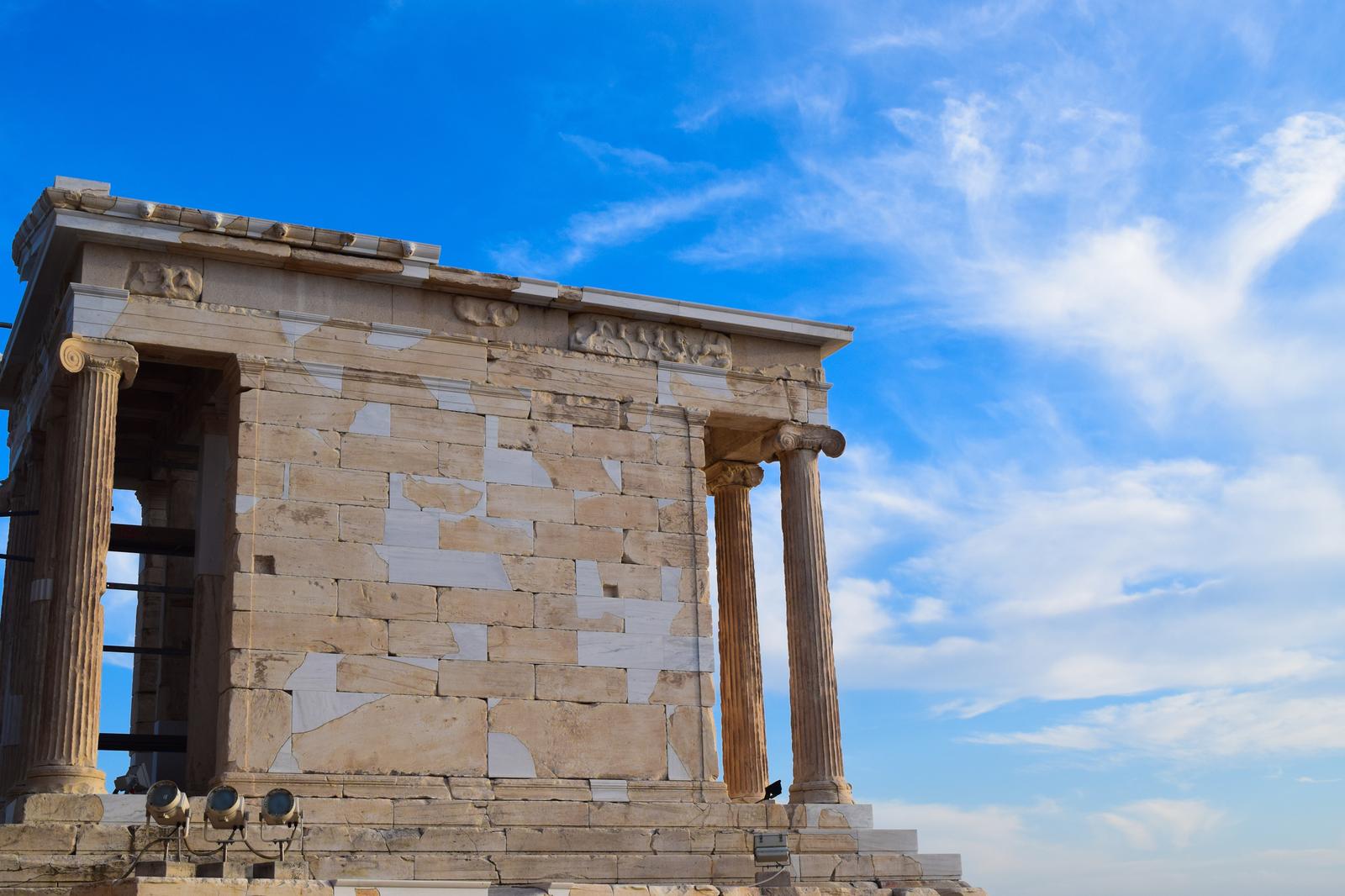
From this high vantage point, you can have the whole Athens in your sight.
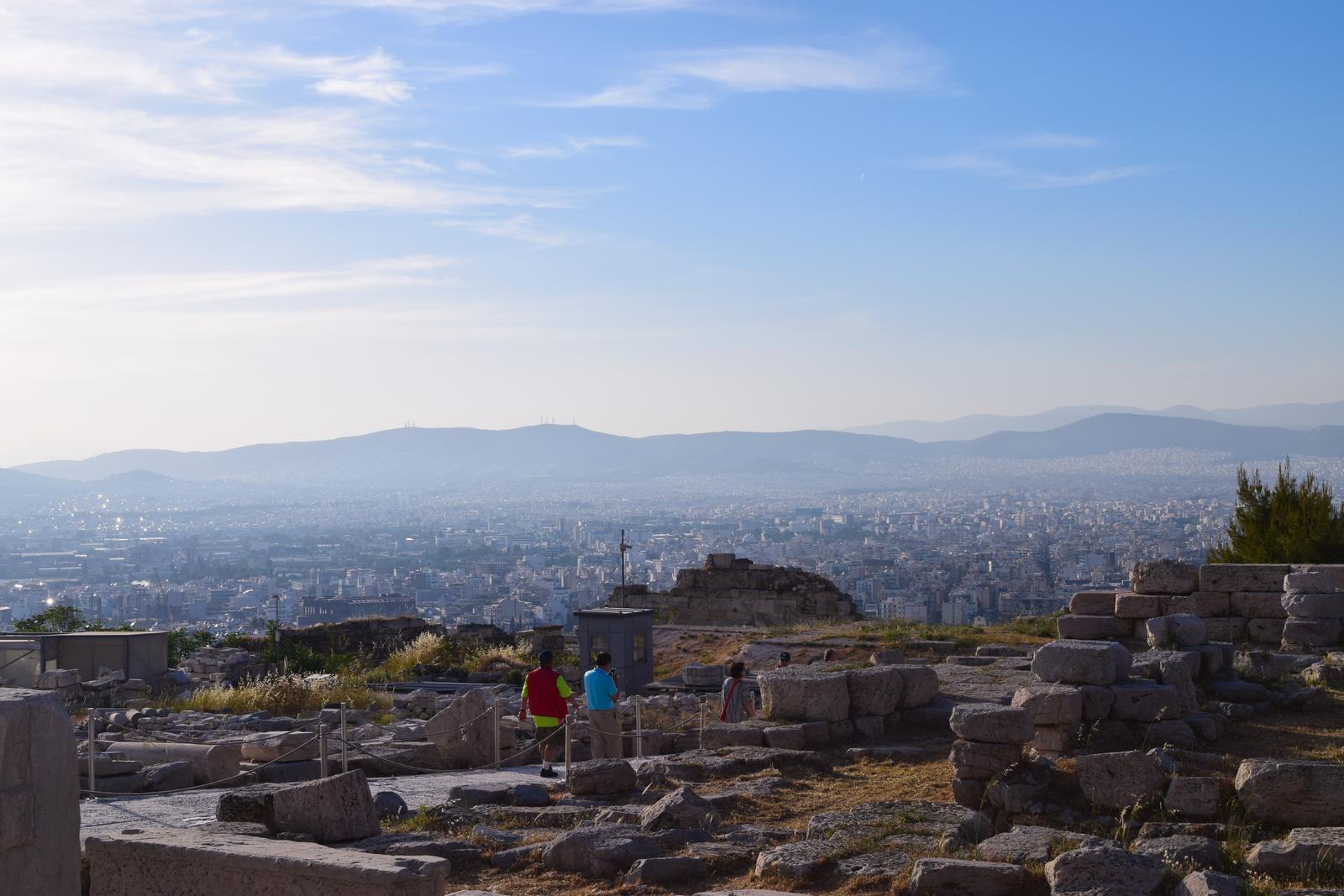
And not forgotten was the magnificent sunset, especially when the last light of the day beamed through the classical columns.
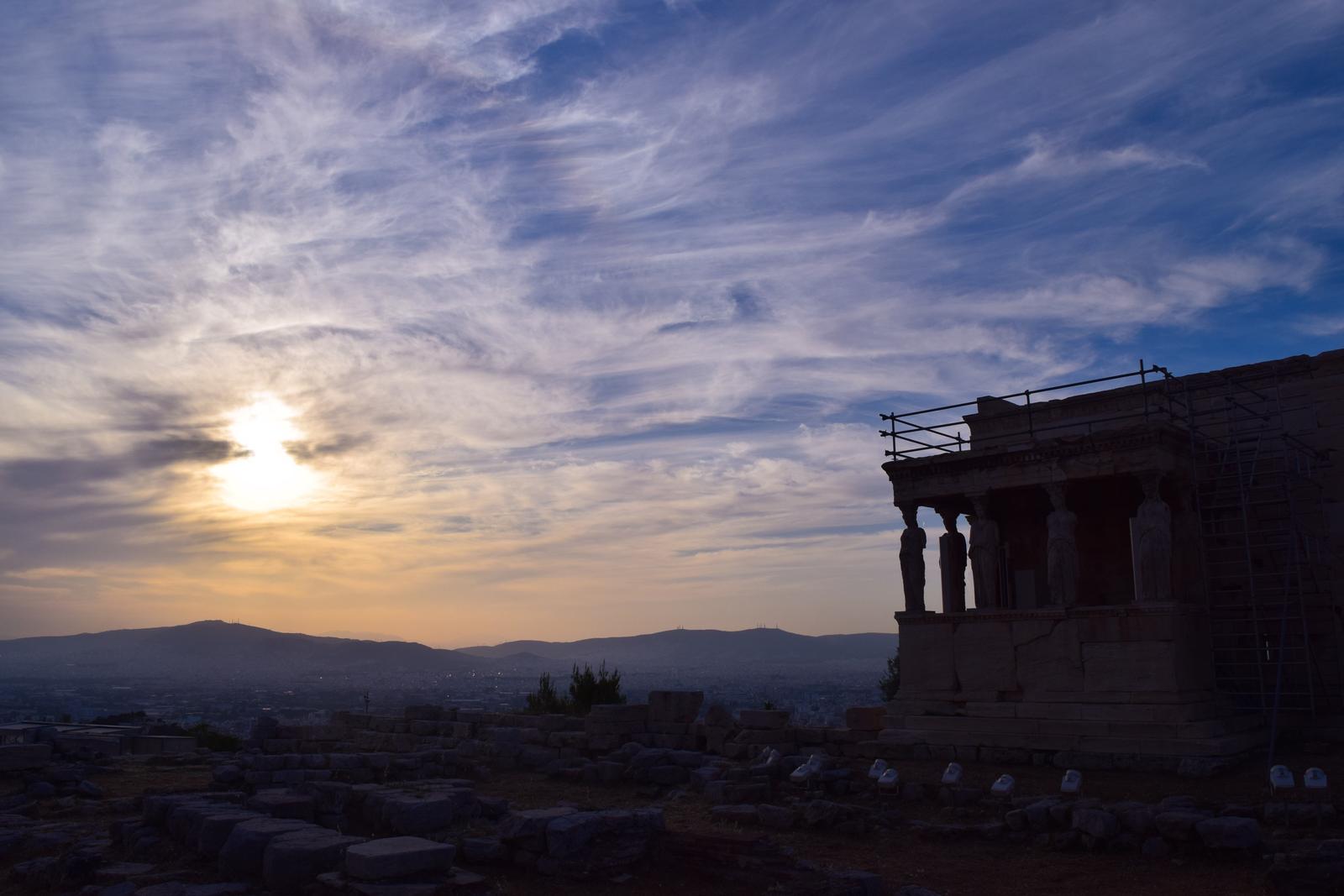
Embrace the moment that rewinds you to 2000 years back, because you don’t have so many chances alike. You are stepping on the stones which the predecessors have been doing it all the same.
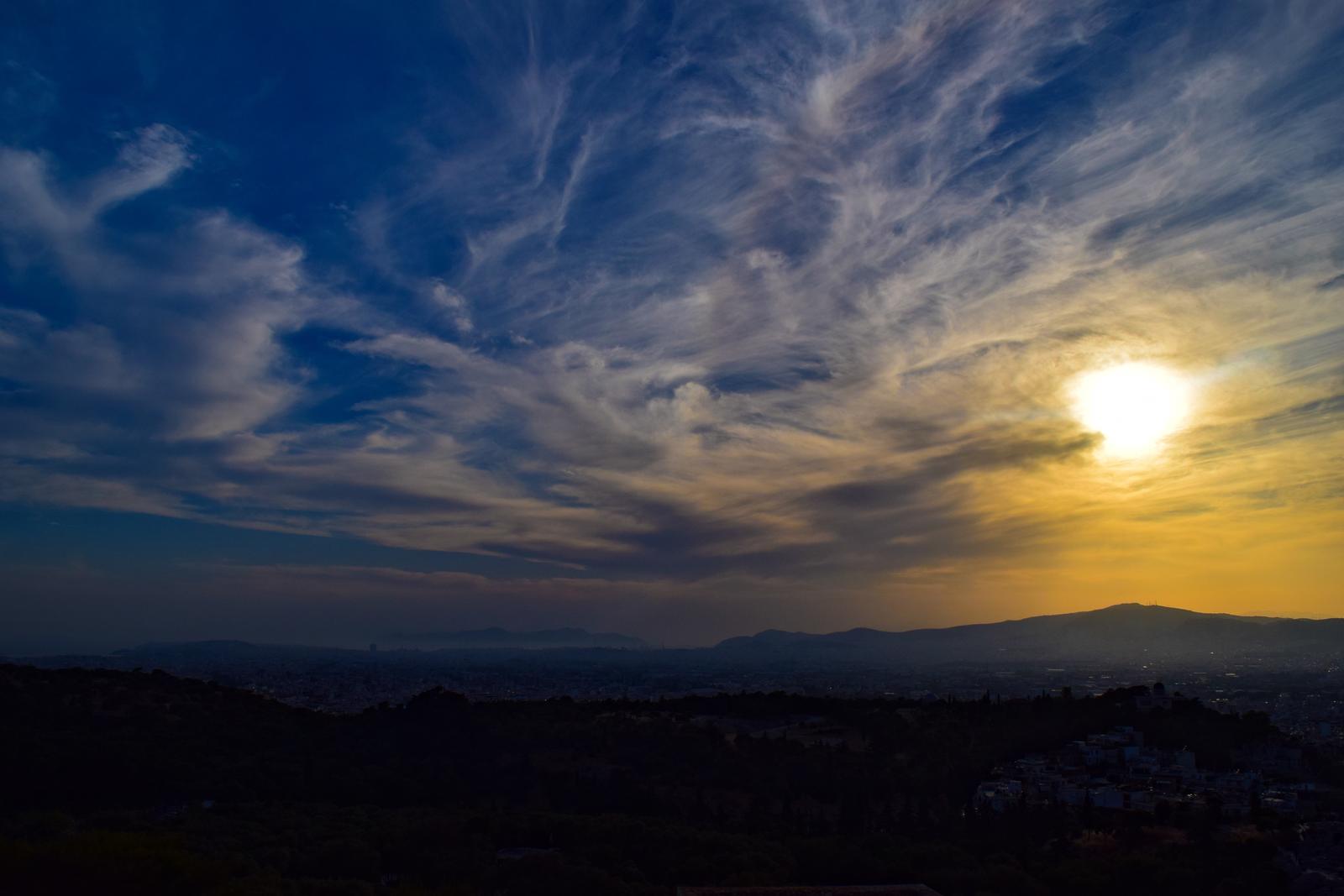
Plaka
Never forget to take a stroll around Plaka, a lovely neighborhood with shops and cafes opening until night. Enjoy some sip of ouzo, the Greek signature aperitif, then have a hearty portion of gyros or souvlaki served with tzatziki sauce.
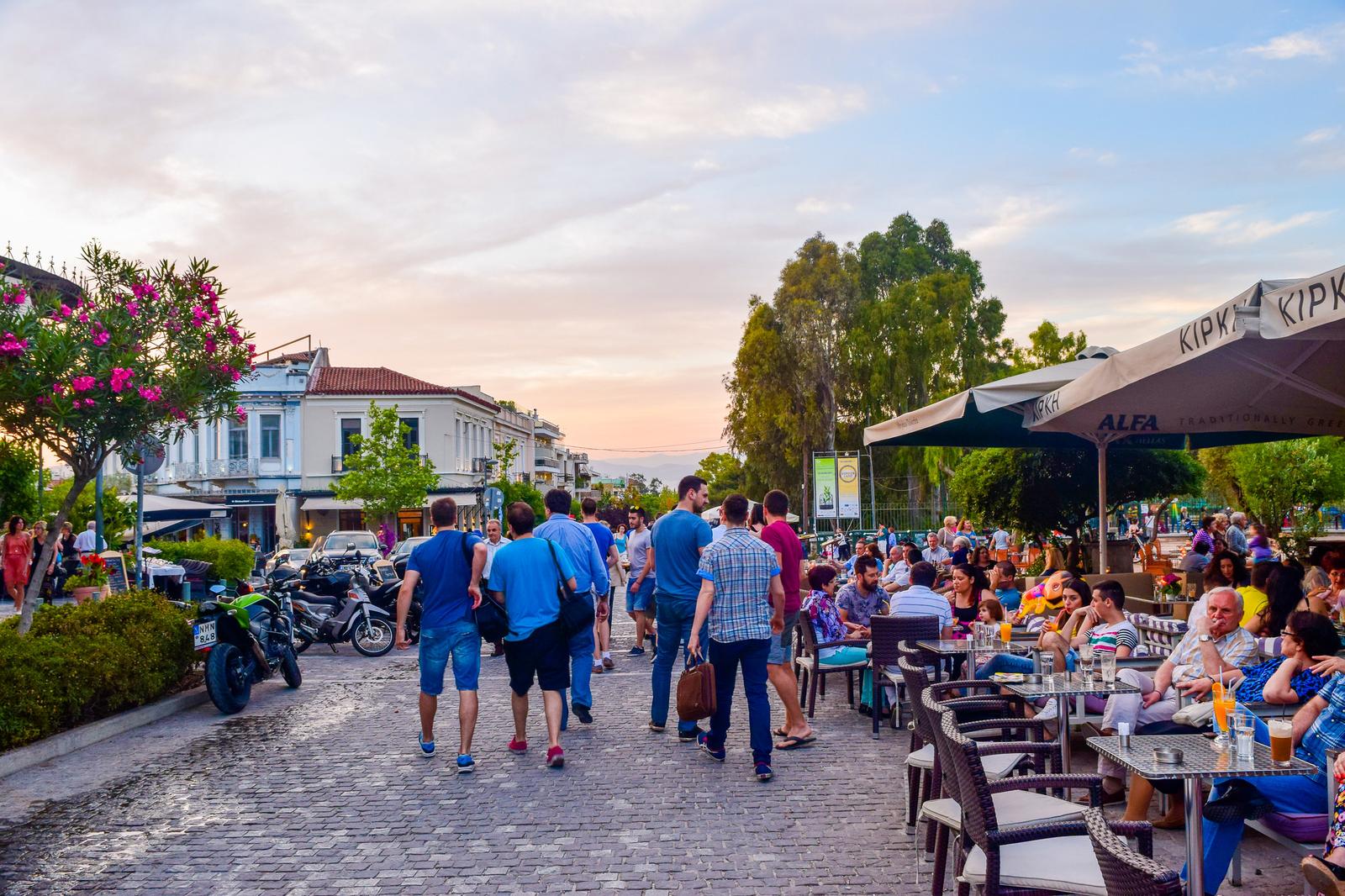
If compared side by side with the Acropolis on the hilltop, we can’t see any discernible similarity born by Plaka. It’s just as simply lovely as the girl next door, telling us to close our eyes and enjoy the atmosphere via auditory and olfactory senses.
I still remember the melody being played by an old violin busker resounding in the dusk ambience, I still remember the tinkling sounds from the cutleries over the newly served Mediterranean seafood pasta.
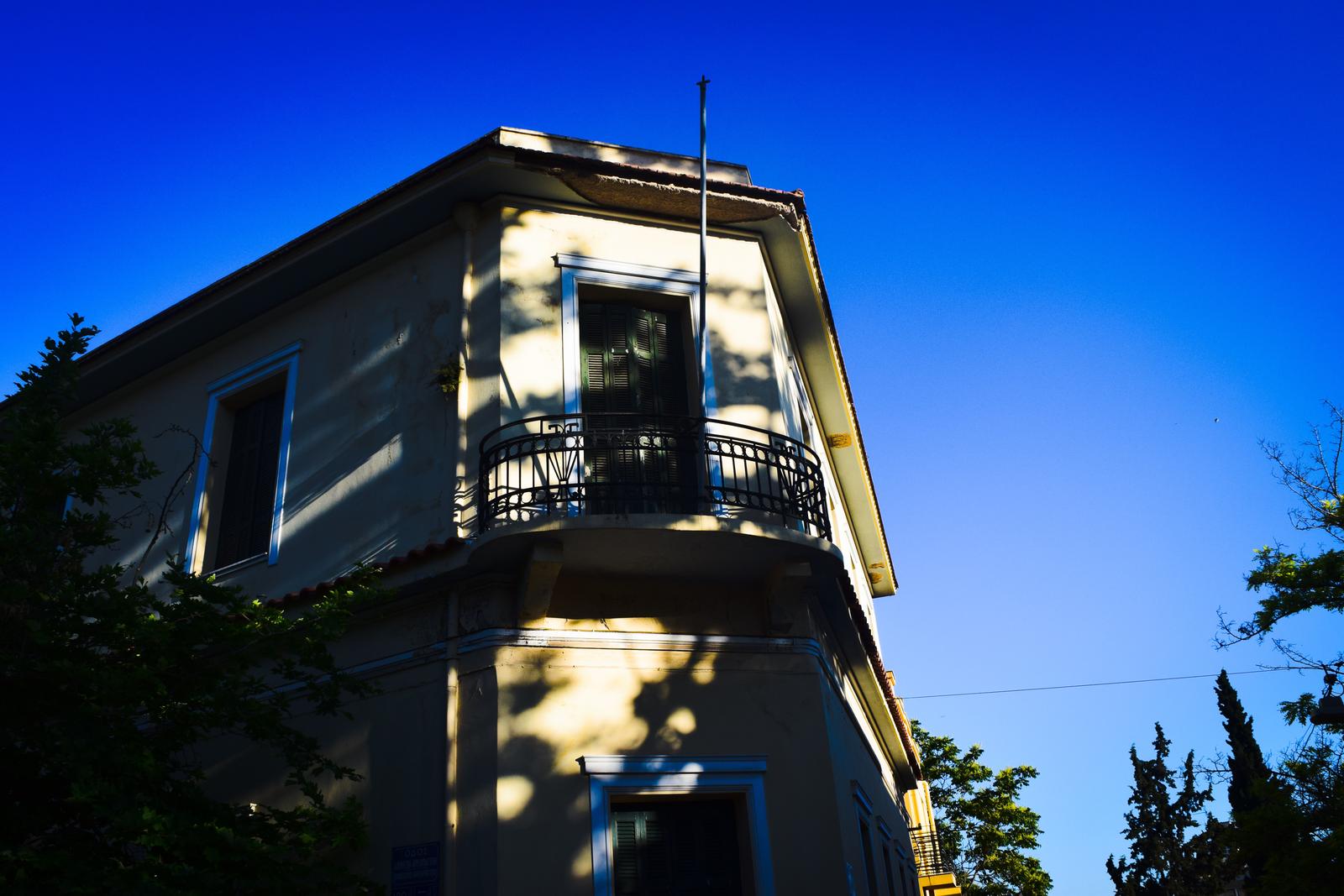
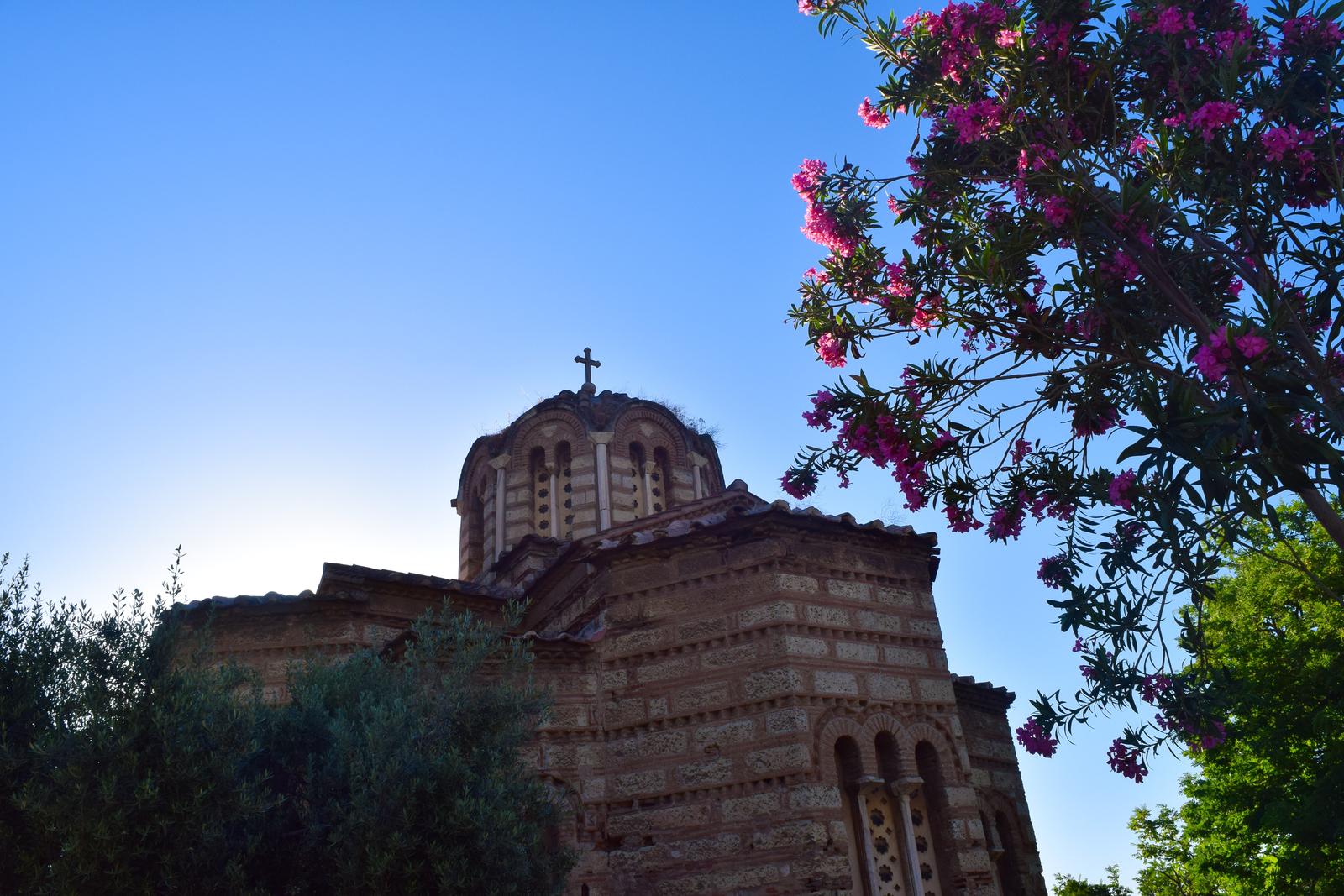
Around Athens
Obviously Athens is not confined into the locality of Acropolis: reaching further a bit you will have chance to explore sites which are comparably historically important to the city.
Temple of Olympian Zeus
Walking eastwards from the Acropolis, or accessing via Acropoli metro station, the Olympieion is a significant archaeological site of Athens and Greece. Used to be the largest temple in Greece, now the remnants of 16 colossal columns (of 104 original) are still able to wow its visitor.
And don’t forget to take picture of the Arch of Hadrian to the west of the site - the gate marking the line of the ancient city wall dividing the old and new regions of historical Athens.
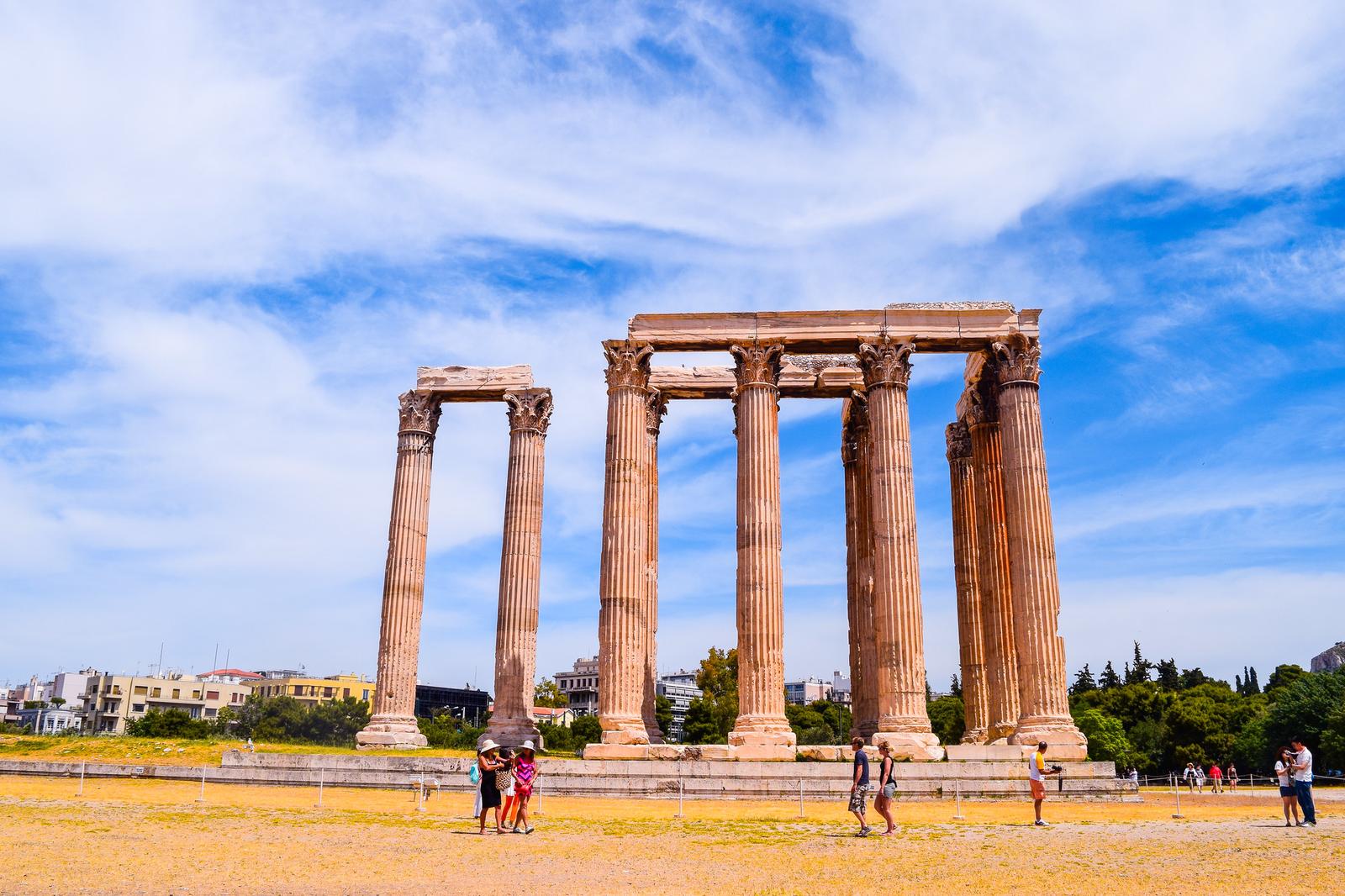
Panathenaic Stadium
Not very far from the temple lies Panathenaic Stadium, entirely built by marble in the 4th BC century, and in modern time it has served many Olympic events, especially as the finishing point for marathon competitions.
Remember to bring along sunglasses, as the marble stands are really shiny!
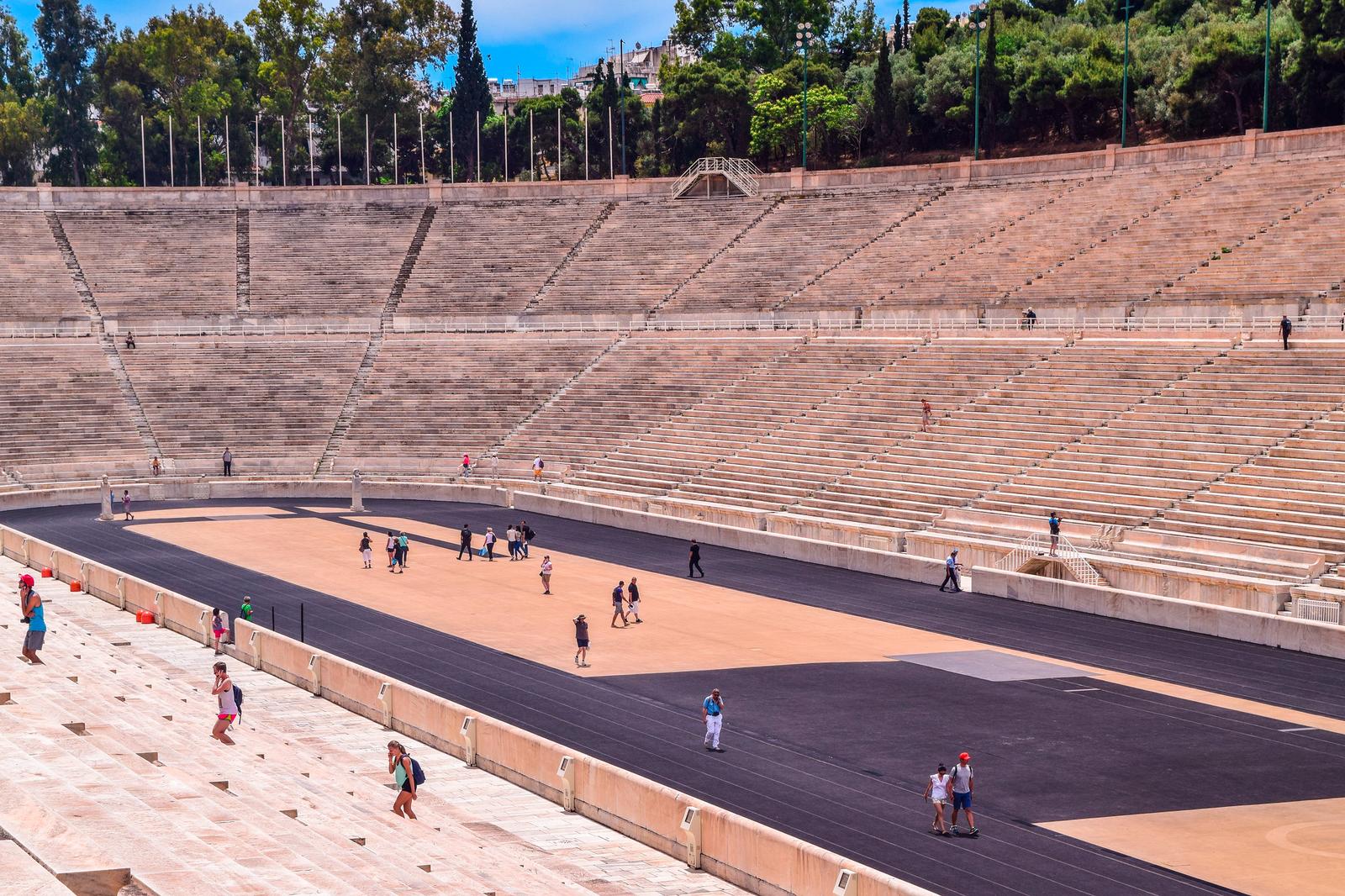
Mount Lycabettus
If you want to see the mighty Acropolis atop the sea backdrop of Pireaus, spend some nice time to sweat and trek up this hill. The journey is pleasant, slope is not too steep, and once got to the peak, the panoramic view is there for you to embrace. Of course, you can opt to an easy-breezy choice of going by cable car which drives you to the top within 3 minutes.
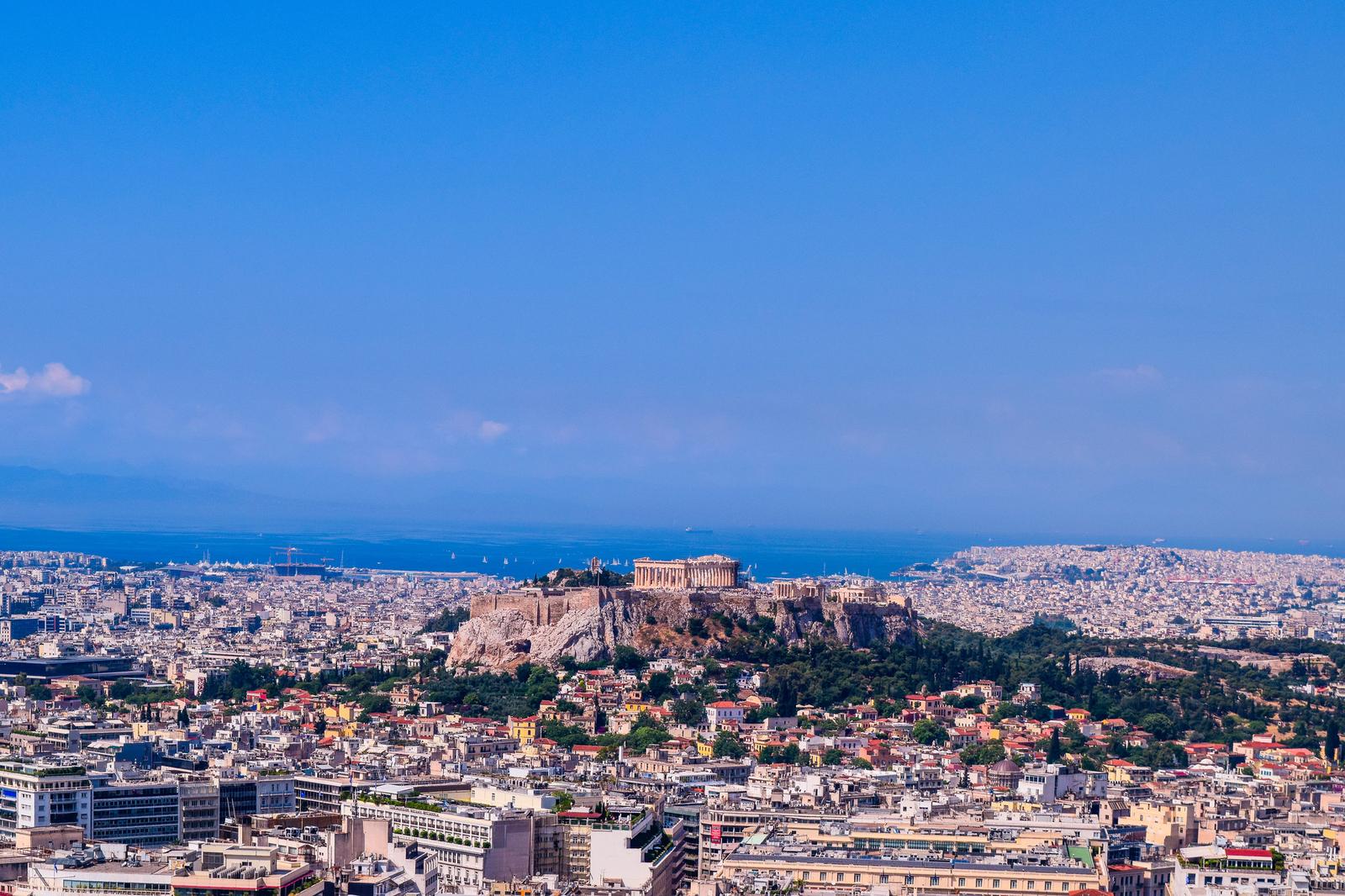
Pireaus
If the voyage to Greek islands is part of your plan, visiting Pireaus won’t be a miss, as it is the chief, largest sea port of the city and the country. The most captivating feature is the liveliness exuded from the tremendous ships embarking and disembarking the port, with the notably azure sky creating a sense of freedom.
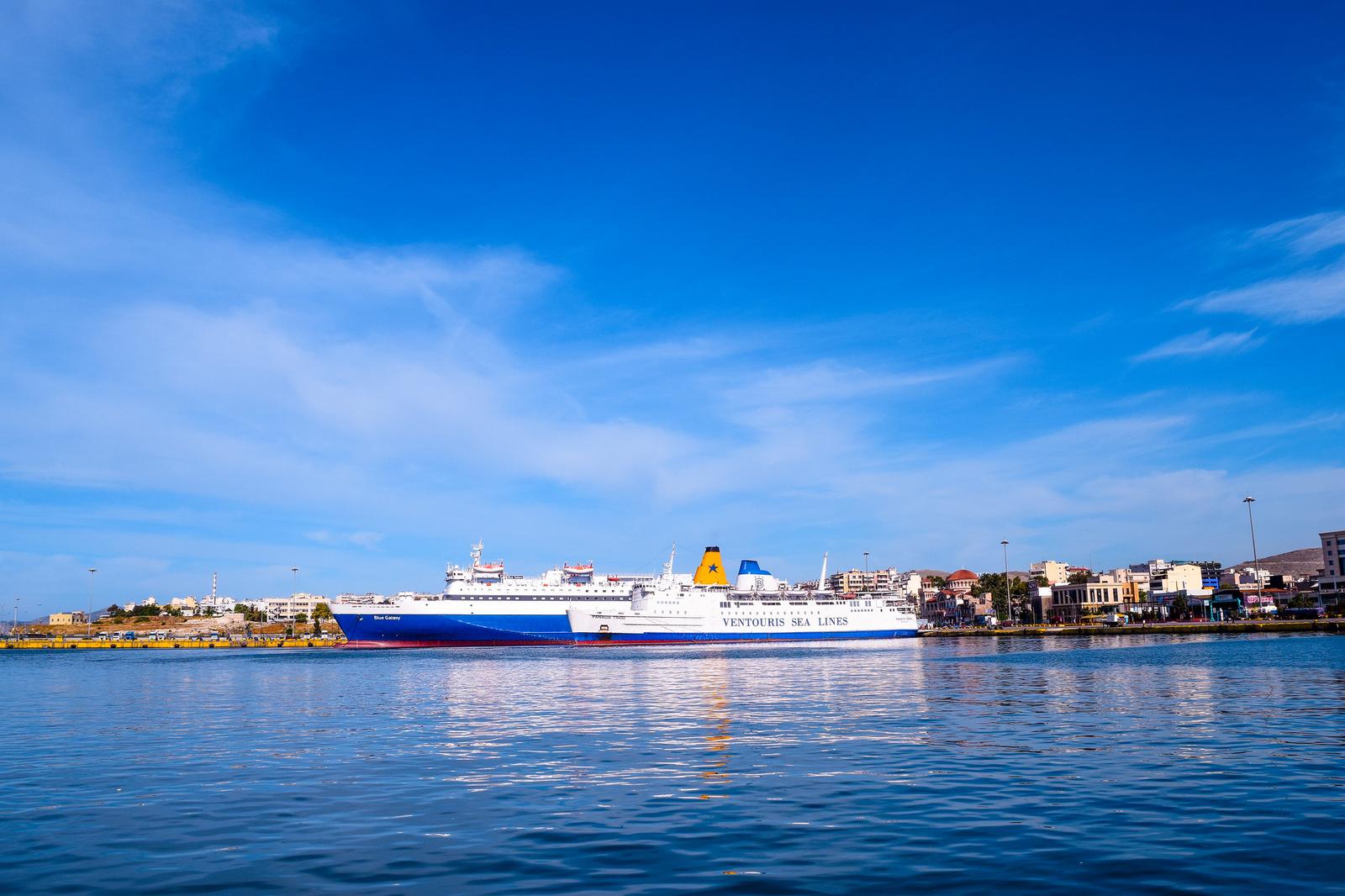
Would it have been insane to come to Athens for the first time stamping my feet upon the land of Europe? Absolutely not, as the name of Europa originated from Greek mythology, and the establishment of Western culture had been brought forth from the underlain stone of Greek civilization. My story of this great Greece journey has been recited proudly ever after, from Athens, since Athens.
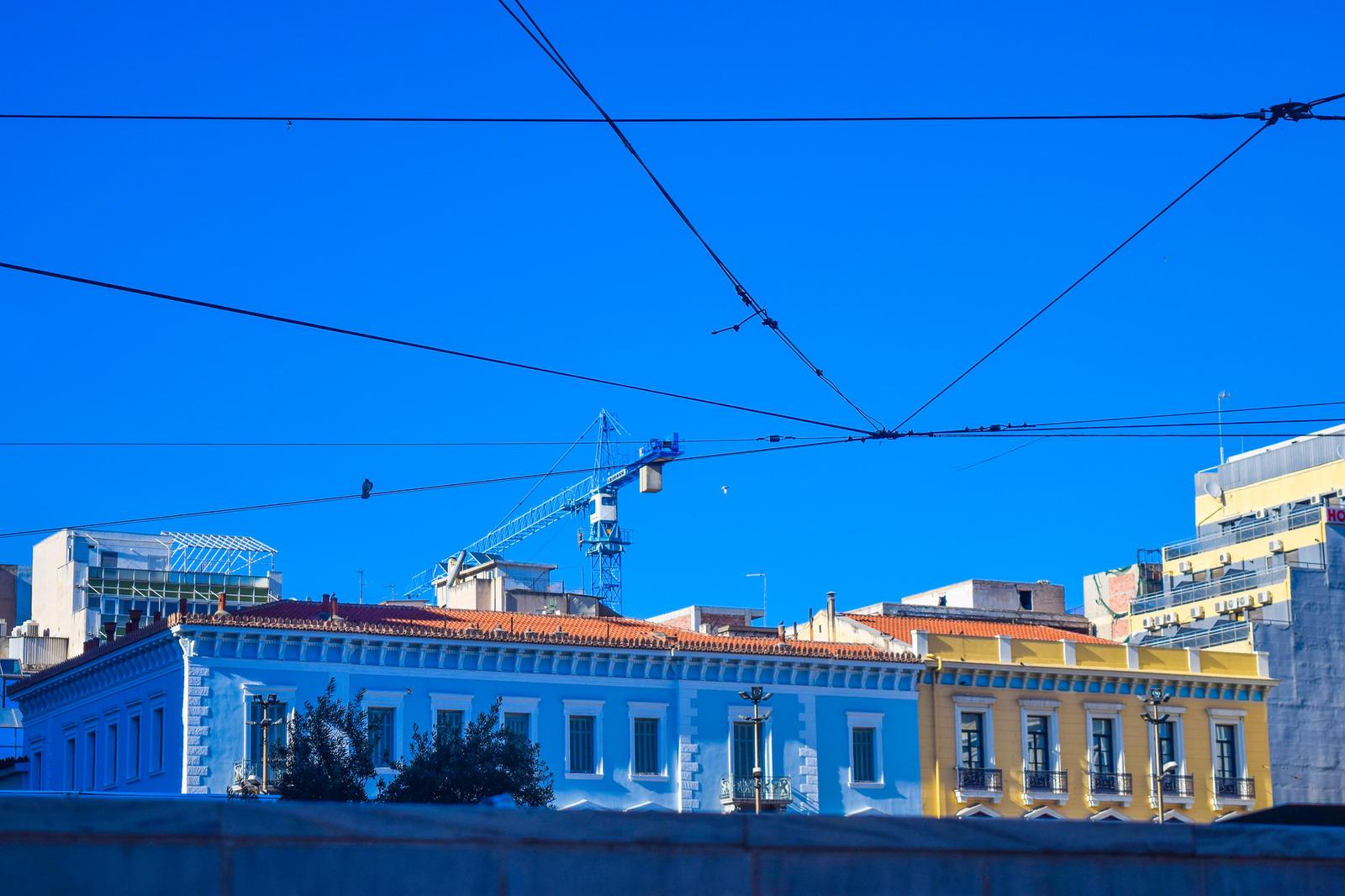
Comments
This post is a part of the Greece series.
Written in January 2020 © Zuyet Awarmatik.About
Zuyet Awarmatrip is a subsidiary identity within the personal ecosystem of Zuyet Awarmatik, focusing on travel and photography.
A Vietnamese usually regarding himself as a carefree solo Eastern backpacker, alongside with his main profession as a UX engineer. Neither being a freelancer nor a digital nomad, this website is built for the purpose of recording his life experience and happenings instead of letting them go into oblivion. He hopes these photos here shall always deliver the colorfulness of this worldly reality.
“Candy” by Red Velvet
I wouldn't mind if posting here the song which kept being replayed while preparing for the trip and practising with my first DSLR camera in March of 2015. Introducing Candy by Red Velvet.
